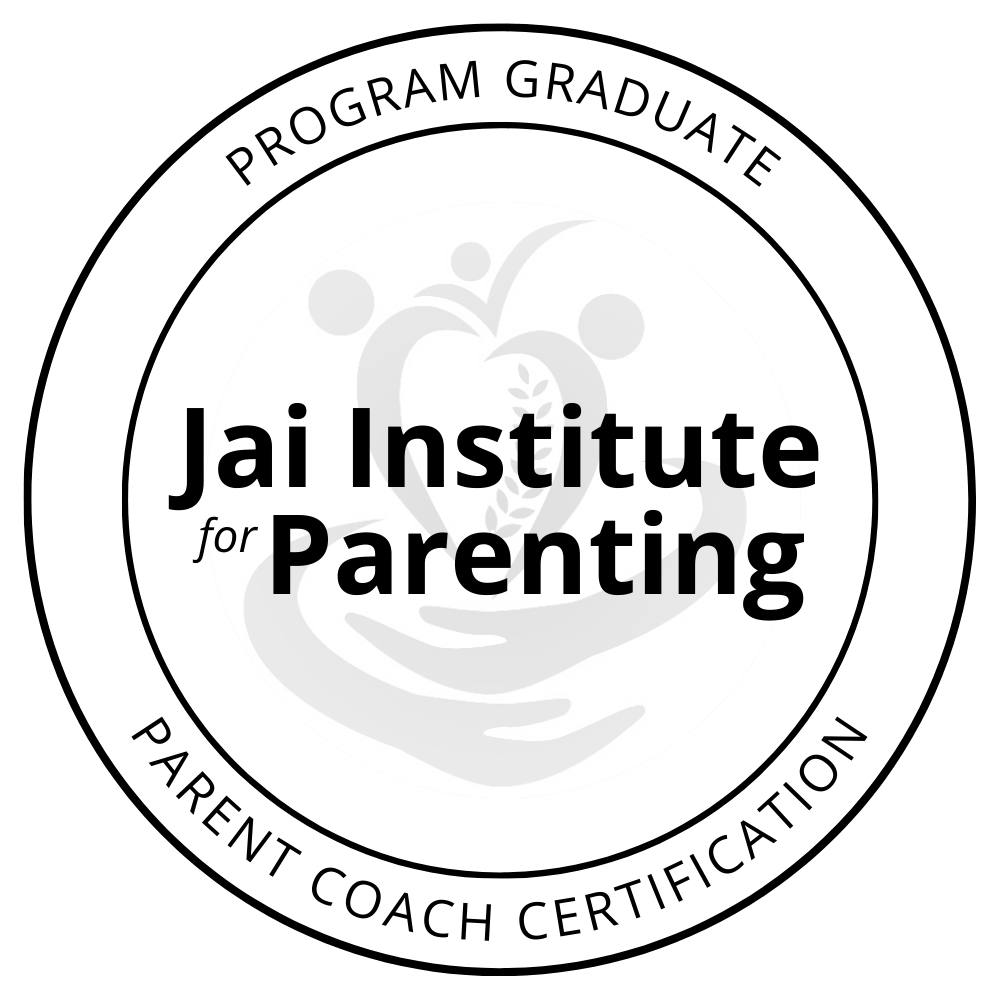As a parent coach, I often find myself untangling the distinctions between conscious parenting and permissive parenting. These two approaches share a common desire to support our children emotionally, however they couldn't be more different in practice.
Let's start with permissive parenting. It's the realm where rules can feel more like suggestions, boundaries blur, and decisions bend to avoid conflict or tears. It often stems from a place of deep love and a desire to see our children happy. Yet, in the long run, it can inadvertently send confusing messages about responsibility and consequences. When we consistently say 'yes' to our children's requests without thoughtful consideration, we miss out on opportunities to teach them valuable lessons in resilience and delayed gratification. While permissive parenting offers a lot of freedom to children, it lacks the crucial element of structure and guidance.
Conscious parenting, on the other hand, invites us to a dance of empathy and boundaries. It's about being able to see through our children's eyes, understand their feelings, and respond with compassion. It encourages us to acknowledge and heal our own childhood wounds, recognizing how our past experiences influence our interactions with our own children. We can consider the long-term impact of our responses on our children's emotional development. By nurturing secure attachments through empathy and understanding, we create a safe haven where our children can thrive.
But here's the crucial part: conscious parenting doesn't mean we don't have boundaries or limits. In fact, it's quite the opposite. Boundaries become essential guideposts that teach our children about respect, responsibility, and the power of their actions. When we set boundaries with love and consistency, our children's emotional intelligence and self-responsibility can flourish.
Imagine the (very common!) scenario where your child desperately wants that 10 extra minutes of screen time. In permissive parenting, the temptation might be to give in to avoid a meltdown. I mean, it would definitely be easier! However, in conscious parenting, you might pause, acknowledge their desire, empathize with their frustration, and uphold the agreed-upon limit while reassuring them of your understanding. This approach not only respects their feelings but also teaches them the valuable lesson that boundaries can be firm AND kind. That you can be firm and kind.
By parenting with awareness and intention, we equip our children with the tools they need to navigate life's emotional landscapes with confidence. They learn that their feelings are valid, that they are worthy of love regardless of their behavior, and that boundaries and limits are there not to restrict, but to guide, teach, and protect.
So, let's embrace the art of conscious parenting - a delicate balance of empathy and boundaries. We can heal our own wounds while nurturing the next generation, creating a legacy of emotional resilience and compassionate understanding. Together, we can build a world where secure attachments blossom and children grow into adults who
know how to connect and lead with both heart and wisdom.





